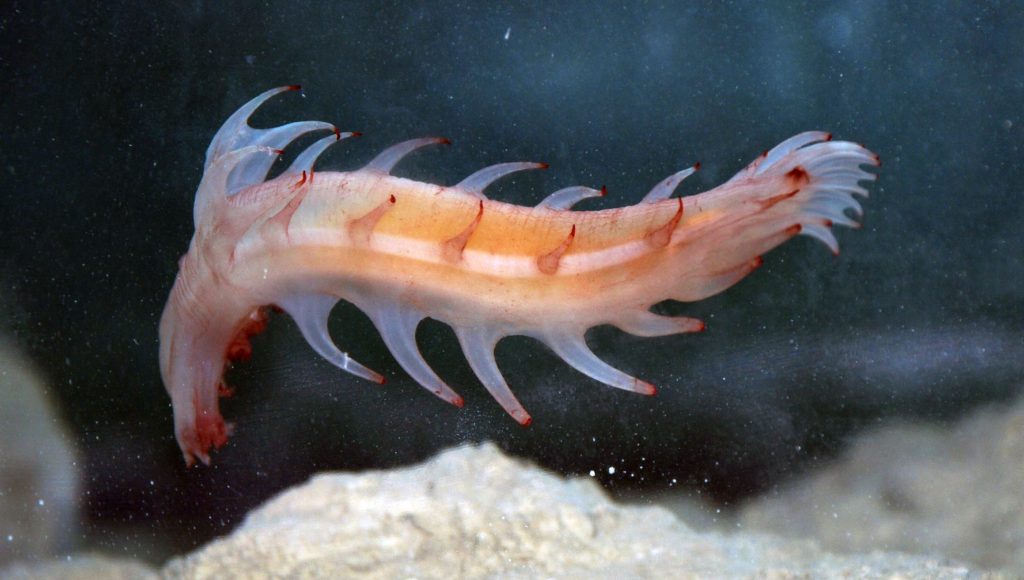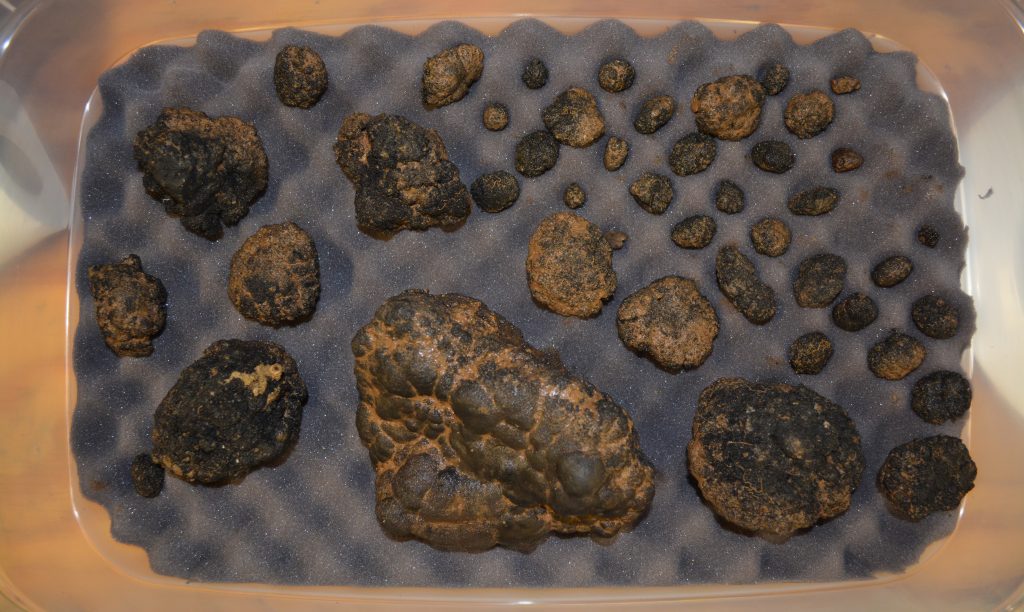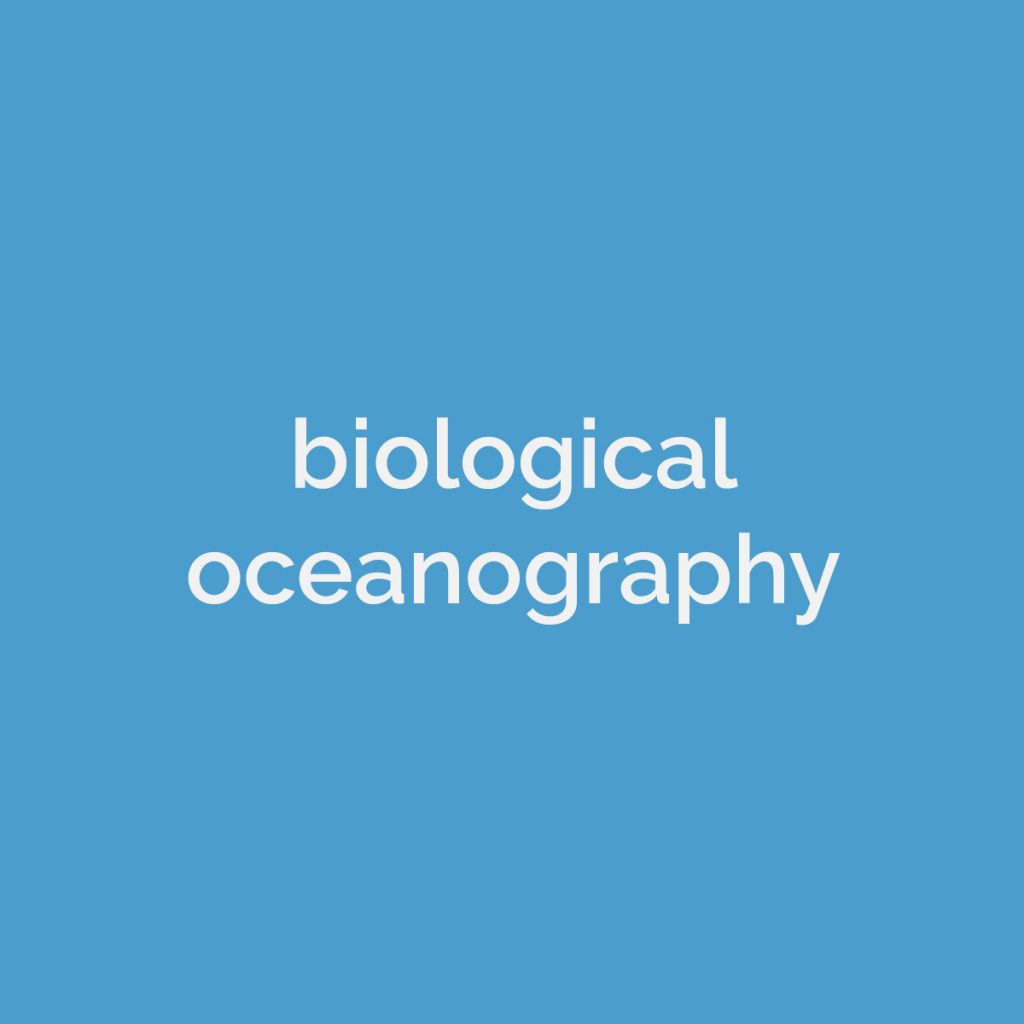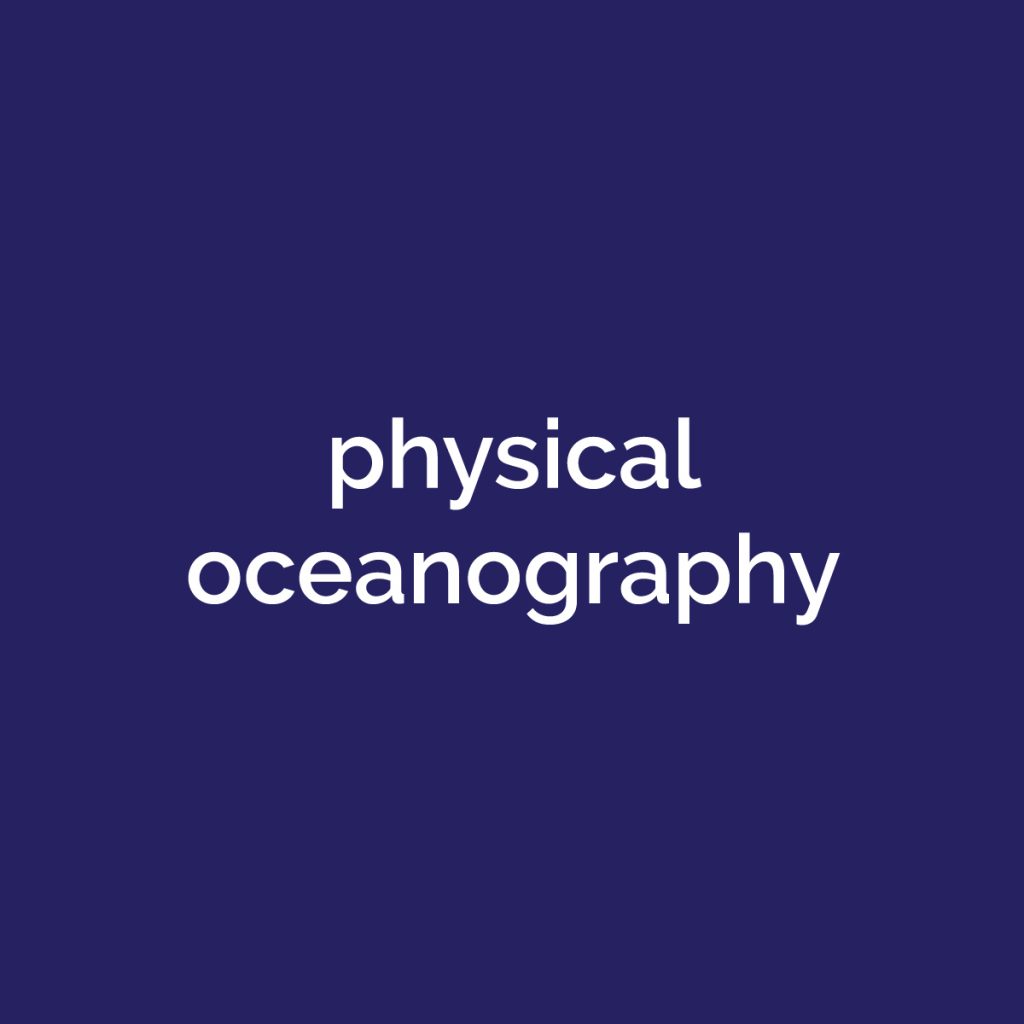
biological oceanography
… exploring our most important common resource
Faculty and researchers in Biological Oceanography carry out research projects in diverse habitats and ecosystems across the globe. Spanning inland and coastal waters to the open ocean, and from the air-sea interface to the deep seafloor and on the very frontiers of science, they pursue answers to the ocean’s greatest mysteries.
As both course instructors and project mentors, our faculty support the graduate degree programs in Oceanography and Marine Biology and the undergraduate program in Global Environmental Science. Our diverse portfolio of funded projects provides dynamic research opportunities for students captivated by biological oceanography and marine biology.
Ever conscious of the crucial role of science in protecting the earth and its environment, our programs, while emphasizing basic research, are relevant to applied problems and societal concerns. Such hot topics as the fate of “green-house” gases, ecological impacts of ozone depletion and deep-sea mining, mechanisms of pollutant transport and cycling, fisheries recruitment, coastal water quality, and the ecology of microbial pathogens are among our deepest concerns. The interdisciplinary nature of these and other problems fosters strong collaborative engagement among biologists, geochemists and physicists in our department and at other institutions.

marine geology and geochemistry
… discovering the oceans’ bounty
Chemical signatures can be powerful tracers or recorders of natural and human-driven ocean change. In the Marine Geology and Geochemistry Division (MGGD), we conduct research to understand and quantify chemical reactions that occur in the land – ocean – atmosphere system. We investigate climate change, ocean acidification, and the limits to ocean life using lab, field, and modeling approaches. What unites us is our goal to understand past and future changes in the cycles of carbon, oxygen, and nutrients, and to predict how they affect planet Earth as an integrated biogeochemical system.

physical oceanography
… understanding how the ocean changes
The Physical Oceanography Division conducts research and educational activities to understand the dynamics (movement, mixing, and exchange with atmosphere and land) of the ocean. These processes interact and vary across the small-scale (turbulent mixing), the human-scale (waves, coastal zone), the storm scale (sub-to-mesoscale, transfer between ocean and atmosphere), to the planetary scale (El Niño, climate). Current research topics within the division include, but not limited to: physical and biological interactions in the oceans, sub-mesoscale and mesoscale structures, water-type formation, dynamics of the ocean’s surface layer, satellite remote sensing, ocean-atmosphere interaction, paleoceanography, ecosystem modeling, sea-level rise, equatorial circulation, general ocean circulation variability and dynamics, climate dynamics, ocean circulation and wave predictability, and technological development of instruments and sensors.
Ocean physics can impact people’s lives from changes to rain and weather patterns, sea-level rise, coastal waves and dynamics, changes in ocean mixing of carbon, and much more. In addition to basic research, these applied areas are currently examined by members of the Division.


